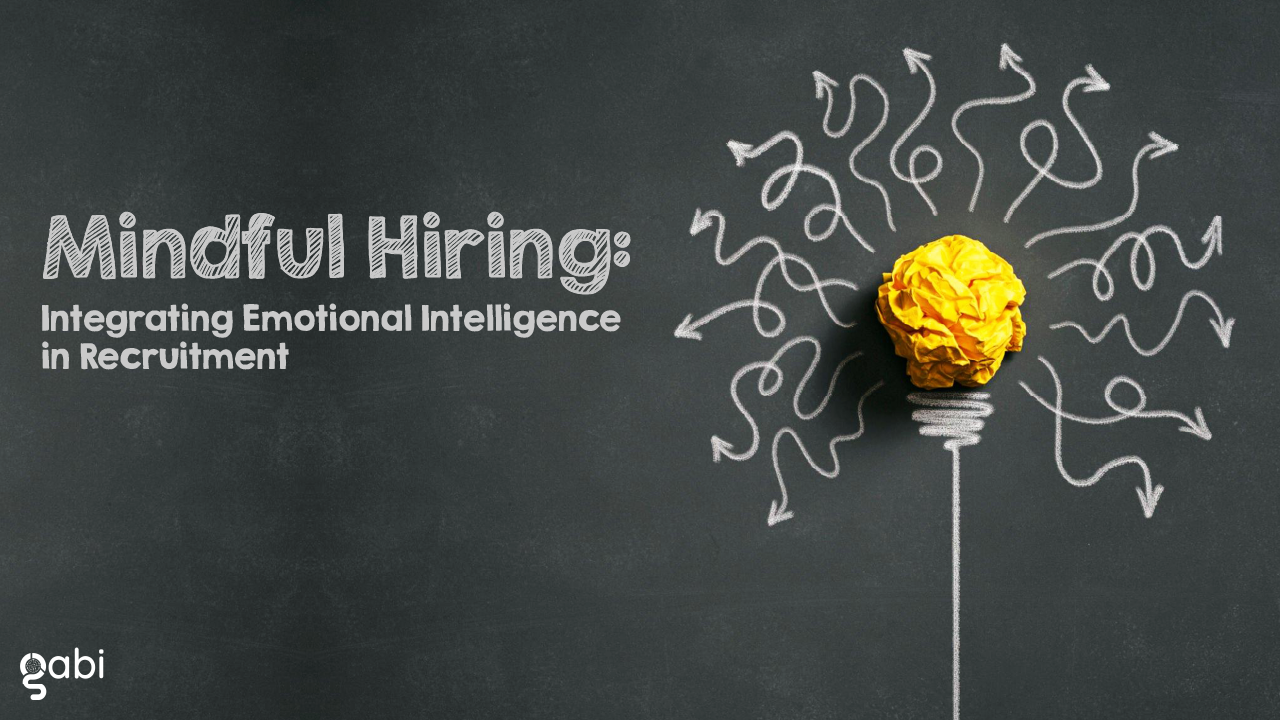Finding top talent nowadays comes with a lot of challenges, from technological disruptions, to mass layoffs, and shifting talent needs. While facing uncertainty, the business world is in a constant state of flux.
To thrive in such an environment, companies must adopt innovative approaches to talent acquisition and management. One such approach gaining traction is the implementation of a skills-based talent strategy. In this article, we will explore the importance of this strategy and its various components.
Shifting Focus From Traditional Roles to Skills
Traditionally, the hiring process has centered around job titles and specific roles. Companies sought candidates who matched these roles and their associated qualifications. However, this approach can be inadequate in the face of economic uncertainty. Jobs are evolving at an unprecedented pace, and new roles are constantly emerging while others become obsolete.
To address this challenge, forward-thinking organizations are shifting their focus from traditional roles to skills. Instead of fixating on hiring for predefined positions, they prioritize identifying and acquiring the skills that are essential for their success. This shift allows companies to remain agile and adaptable in the face of economic fluctuations.
By assessing the skills that are genuinely needed within their organization, companies can build more versatile and resilient teams. This approach enables them to respond swiftly to market changes, leverage emerging opportunities, and mitigate the risks associated with workforce obsolescence.
Cultivating Skills Over Job Titles
Cultivating a skills-based talent strategy requires a fundamental shift in mindset. Instead of hiring individuals based solely on their current job titles or previous roles, organizations should assess candidates based on their skillsets and growth potential.
This approach opens the door to a broader talent pool, as it becomes less important where and how a candidate acquired their skills and more about whether they possess the skills needed to excel in the role.
- Moreover, focusing on skills allows companies to break free from the constraints of traditional career paths.
Employees are no longer pigeonholed into narrowly defined roles but are encouraged to continuously develop their skills and explore new opportunities within the organization. This fosters a culture of lifelong learning and professional development, which is crucial in navigating economic uncertainty.
- By prioritizing skills over job titles, organizations can build more dynamic and adaptable teams.
Employees are empowered to take on diverse responsibilities, and their contributions are assessed based on their ability to apply their skills effectively, rather than simply fulfilling their job description.
Upskilling and Reskilling
To effectively implement a skills-based talent strategy, organizations must invest in upskilling and reskilling initiatives. Upskilling involves providing current employees with additional skills that enable them to take on new responsibilities or adapt to changing job requirements.
Reskilling, on the other hand, focuses on equipping employees with entirely new skills to transition into different roles within the organization.
These initiatives are not only beneficial for employees but also critical for an organization’s resilience in the face of economic uncertainty. When employees have the opportunity to acquire new skills and adapt to evolving roles, the company can better respond to market shifts without resorting to massive layoffs or external hiring.
Upskilling and reskilling programs can take various forms, including online courses, workshops, mentorship programs, and on-the-job training. By investing in the development of their workforce, companies ensure that they have the internal talent pipeline required to address changing business needs.
Tracking the ROI of Skills-Based Strategies
While the concept of a skills-based talent strategy is compelling, its success hinges on the ability to measure and track the return on investment (ROI). Organizations must assess whether their efforts to prioritize skills over job titles are yielding tangible benefits.
- One way to track ROI is by monitoring key performance indicators (KPIs) related to skills development. These KPIs may include the speed at which employees acquire new skills, the impact of those skills on productivity, and the ability to fill critical roles from within the organization.
Additionally, organizations should consider the long-term benefits of a skills-based strategy, such as reduced turnover, increased employee satisfaction, and improved overall organizational agility. These outcomes may not be immediately evident but are essential for ensuring sustained success in an uncertain economic environment.
Furthermore, it’s important to gather feedback from employees to gauge their perception of the organization’s commitment to skills development. Employee engagement and satisfaction surveys can provide valuable insights into the effectiveness of upskilling and reskilling programs.
Gain Valuable Insights With Gabi!
In the quest to implement a skills-based talent strategy effectively, organizations can benefit from cutting-edge technologies that streamline the hiring process and enhance talent management. One such solution is Gabi, an AI-powered recruiting software designed to revolutionize the way companies acquire and manage talent.
Gabi leverages the power of artificial intelligence to identify candidates with the specific skills required for a given role, irrespective of their job titles or previous experiences. By analyzing vast datasets and employing advanced algorithms, Gabi can match candidates’ skills to job requirements with remarkable precision.
Embrace the future of talent management with Gabi and thrive in the ever-evolving business landscape!





